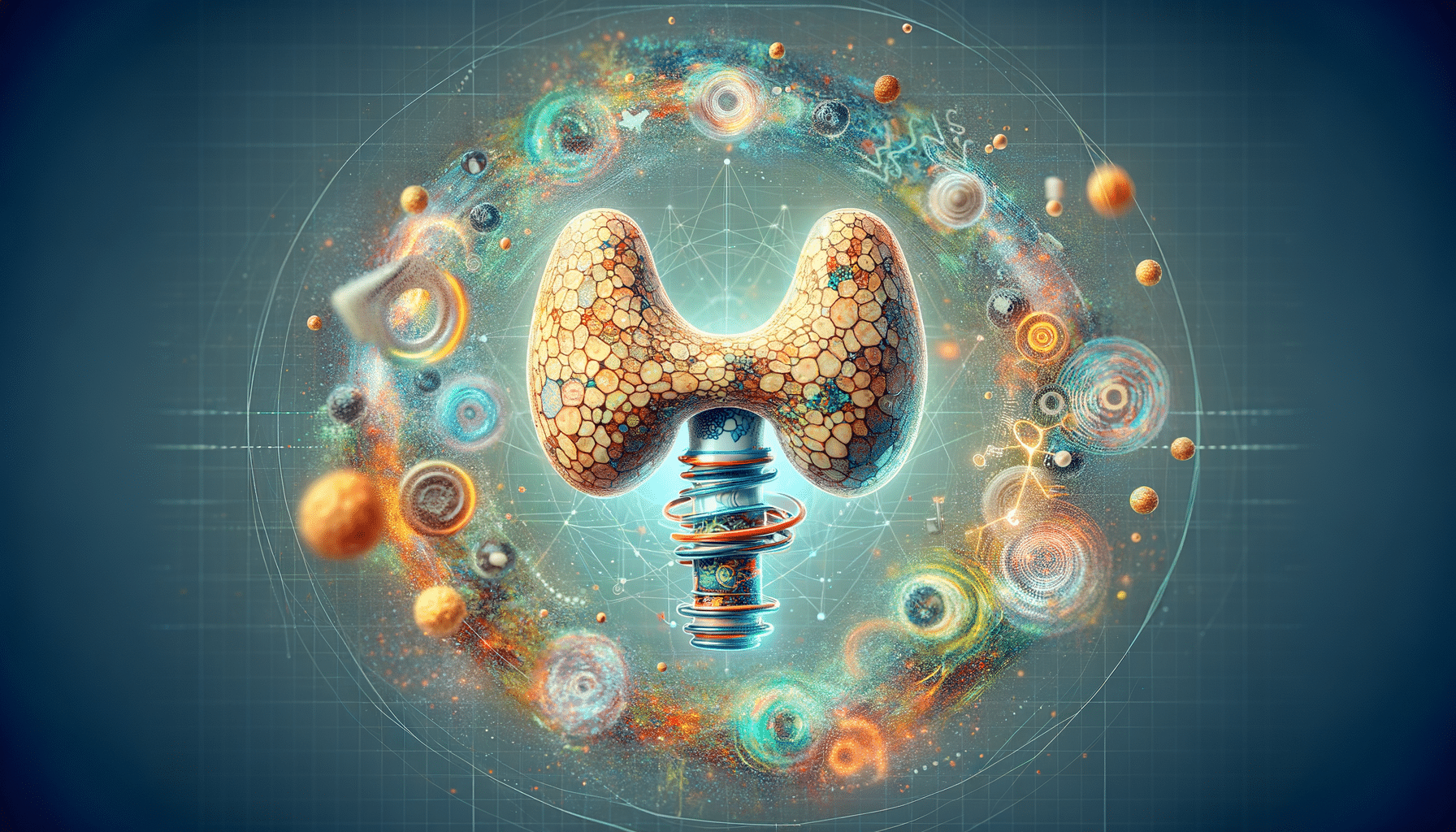
What Does The Link Between Thyroid Disorders And Dizziness Reveal?
Understanding the Connection: Causes of Dizziness in Thyroid Disorders
Thyroid disorders can be perplexing due to their varied symptoms, and one such symptom that often goes unnoticed is dizziness. The thyroid gland, a small butterfly-shaped organ in the neck, plays a crucial role in regulating metabolism by producing hormones that influence every cell in the body. When the thyroid malfunctions, it can lead to a host of issues, including dizziness. Understanding the Causes of Dizziness in Thyroid Disorders requires a closer look at how the imbalance of thyroid hormones affects the body.
Hormonal imbalances can disrupt the normal functioning of the cardiovascular system, leading to changes in blood pressure and heart rate. This disruption can cause dizziness, as the brain may not receive an adequate supply of oxygenated blood. Additionally, thyroid disorders can affect the inner ear, which is responsible for maintaining balance, further contributing to sensations of dizziness.
The connection between thyroid disorders and dizziness is complex, involving multiple pathways. For instance, hypothyroidism can lead to a slower heart rate and reduced cardiac output, whereas hyperthyroidism can cause palpitations and increased heart rate. Both scenarios can result in dizziness, albeit through different mechanisms.
Recognizing these underlying causes is essential for effective management and treatment of dizziness related to thyroid disorders. By addressing the root cause, patients can find relief from this unsettling symptom and improve their overall quality of life.
How Thyroid Imbalances Trigger Dizziness
The thyroid gland’s role in the body extends beyond metabolism; it also influences neurological functions and cardiovascular health. When thyroid hormone levels are not within the normal range, it can lead to dizziness due to several physiological changes. Understanding How Thyroid Imbalances Trigger Dizziness involves exploring these changes in detail.
Firstly, thyroid hormones play a significant role in maintaining the body’s energy levels. An imbalance can lead to fatigue, which often accompanies dizziness. This is particularly evident in hypothyroidism, where low hormone levels result in decreased energy production and a feeling of exhaustion.
Moreover, thyroid imbalances can affect the autonomic nervous system, which controls involuntary bodily functions such as heart rate and blood pressure. In hyperthyroidism, the excessive release of thyroid hormones can lead to increased sympathetic nervous system activity, causing palpitations and a rapid heart rate, contributing to dizziness.
Additionally, the thyroid gland’s impact on the vestibular system, responsible for balance and spatial orientation, can lead to vertigo-like symptoms. This occurs when thyroid disorders cause inflammation or dysfunction in the inner ear, disrupting normal balance signals to the brain.
By identifying these triggers, healthcare providers can tailor treatment plans to address both the thyroid disorder and its associated symptoms, offering patients a comprehensive approach to managing dizziness and improving their overall well-being.
Diagnosis and Treatment of Dizziness Related to Thyroid Disorders
Diagnosing dizziness related to thyroid disorders involves a multifaceted approach, as dizziness can be a symptom of various underlying conditions. Healthcare providers must first confirm the presence of a thyroid disorder through blood tests that measure hormone levels. Once a diagnosis is established, understanding the Diagnosis and Treatment of Dizziness Related to Thyroid Disorders becomes crucial for effective management.
Blood tests typically focus on measuring levels of Thyroid Stimulating Hormone (TSH), Free T4, and Free T3. Abnormal levels of these hormones can indicate either hypothyroidism or hyperthyroidism, both of which can contribute to dizziness. In some cases, imaging studies or further evaluations of the inner ear may be necessary to rule out other causes of dizziness.
Treatment for dizziness associated with thyroid disorders involves addressing the underlying hormonal imbalance. For hypothyroidism, this often includes thyroid hormone replacement therapy, which can help normalize hormone levels and alleviate symptoms. In contrast, hyperthyroidism may require medications that reduce hormone production, radioactive iodine treatment, or surgery in severe cases.
Alongside medical treatment, lifestyle modifications can also play a significant role in managing symptoms. Patients are often advised to maintain a balanced diet, engage in regular physical activity, and manage stress levels to support overall thyroid health.
By combining medical interventions with lifestyle changes, patients can experience significant improvements in their symptoms, including a reduction in dizziness. This comprehensive approach ensures that the impact of thyroid disorders on balance and vertigo is minimized, enhancing the patient’s quality of life.


